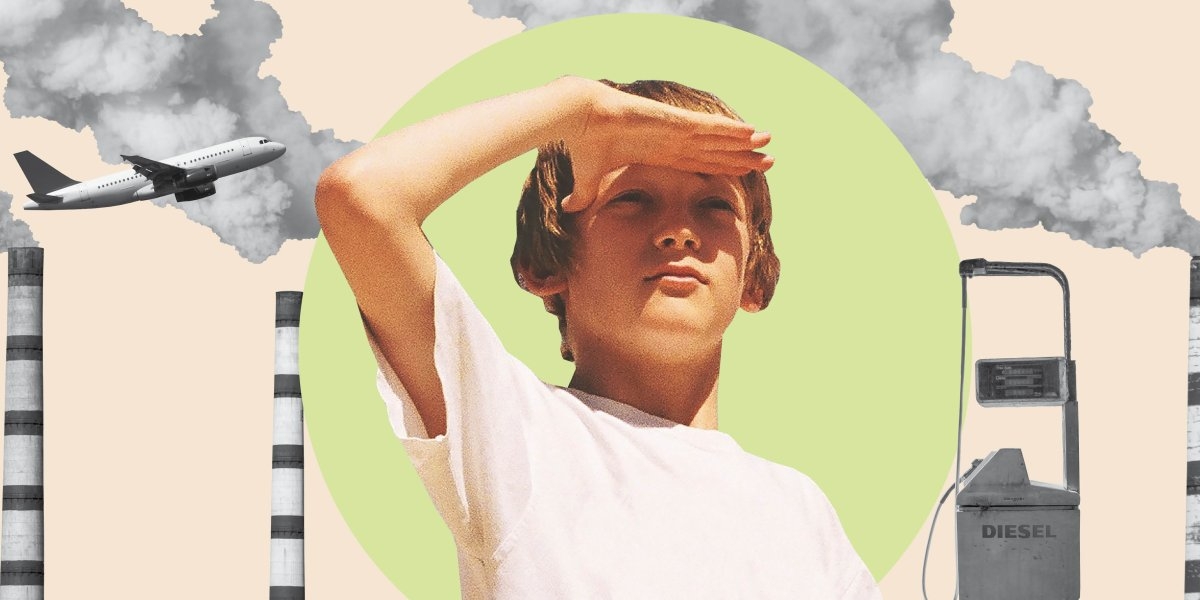Fossil Free Futures: Divestment Across the Nordic Countries
The project Fossil Free Futures: Investment and Divestment in the Nordic Countries studies initiatives to opt out of fossil fuels investments in the pension funds. The aim of the project is to better understand actors of change, their tools and practices.
Project details
About the project
Governments around the world are increasingly trying to get rid of fossil fuels dependencies. This is more and more seen as a competitive advantage and not an economic burden in the fight against climate change.
However, large sums of money are still going into the fossil fuel industry, not least through publicly governed pension funds. Some initiatives are in place to change the values steering the investments of the pension funds, but there also seem to be deeply rooted structures that make it hard for the pension funds to divest, that is, to move away from investments in coal, oil and natural gas.
The aim of the project is to increase knowledge about pension funds in Sweden, Norway and Denmark that are engaged in divesting from fossil fuels and to increase knowledge about the tools and practices they use. Which actors promote change and what are their motives and visions for the future? What values guide their investments and investment decisions; how do they create a balance between return and sustainability; and what tools and practices help with decision-making?
The researchers aim to also reduce the democratic deficit that is caused by the fact that there is very little transparency when it comes to the pension funds and how they work. Who defines what responsible investments are? How transparent are investing and divesting decisions and who has insight into the decision-making? Can citizens pressure pension funds to have more sustainable targets and practices?
The project is divided into sub-studies whereby researchers first map out the actors and the institutional context by studying documentation, undertaking a literature review and conducting shorter interviews. In the next stage, researchers will carry out in-depth studies in collaboration with various actors to answer questions about – among other things – governance, tools and criteria for valuation. The last stage is a comparison study of the different cases based on empirical material collected in the first two stages.
The project team
.png)
The scientific disciplines and competences in the project are sociology, science and technology studies, economic sociology and climate change research. The project is hosted by Score, Stockholm Centre for Organizational Research, University of Stockholm and it was granted 870,000 euros for four years, 2022-2026. The project leader is Linda Soneryd, Professor in Sociology, and the other participants are researchers from Sweden, Norway and Denmark in the areas of sociology, science and technology studies, economic sociology and climate change research.
The project is funded by the research programme, Future Challenges in the Nordics – People, Culture and Society: https://futurenordics.org/
The seminar series "The good economy: tools and practices for climate transitions and sustainable economiesis" organized within the context of the projects in cooperation with other researchers and related research projects.
Participants in the project
Participants in the project are:
Project leader Linda Soneryd, Professor at Stockholm Center for Organizational Research (SCORE).
Göran Sundqvist and Elena Bogdanova, University of Gothenburg, Sweden.
Erlend A.T. Hermansen and Bård Lahn CICERO, Center for International Climate Research, Oslo, Norway.
Amanda Mogensen and Clare Shelley-Egan, Technological University of Denmark.
The reference group to the project:
- Kristin Asdal, TIK-Centre at the University of Oslo
- Yuval Millo, Warwick Business School
- Catharina Lehto, Pinktech
- Kristin Halvorsen, director CICERO
- Christa Clapp, S&P Global
